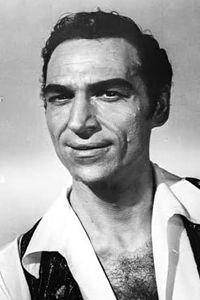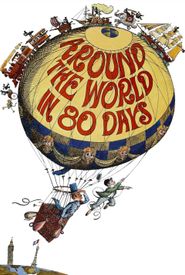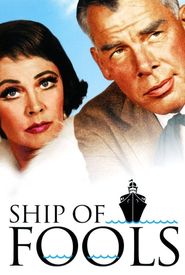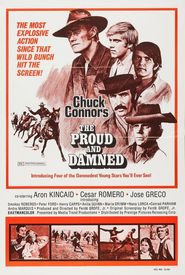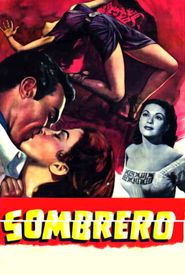José Greco, a renowned thespian, entered this world on December 23, 1918, in the charming town of Montorio nei Frentani, situated in the picturesque region of Molise, Italy. Throughout his illustrious career, he made a lasting impact on the world of cinema, leaving behind a legacy of memorable performances in iconic films such as "Around the World in 80 Days" (1956),"Sombrero" (1953),and "Ship of Fools" (1965).
In his personal life, José Greco was devoted to his loving wife, Ana Borger-Greco. Together, they shared a deep and abiding love for each other, which remained a constant source of strength and inspiration throughout their lives.
Sadly, José Greco's remarkable journey came to a close on December 31, 2000, in Lancaster, Pennsylvania, USA. Despite his passing, his remarkable contributions to the world of cinema continue to inspire and entertain audiences to this day.
